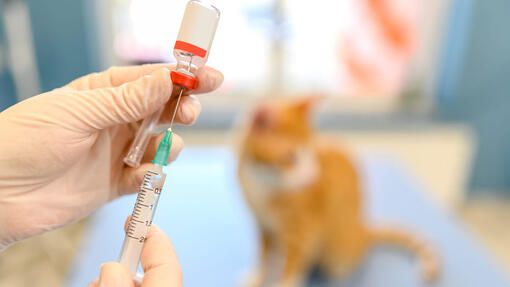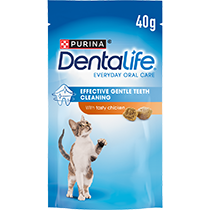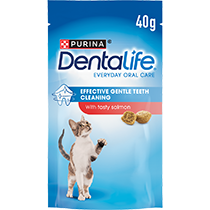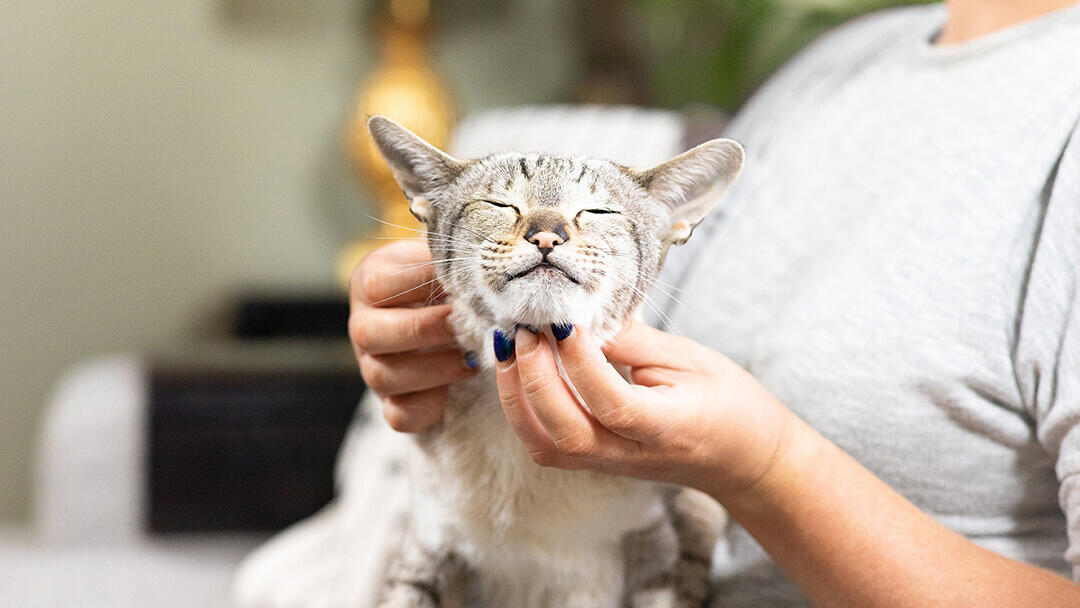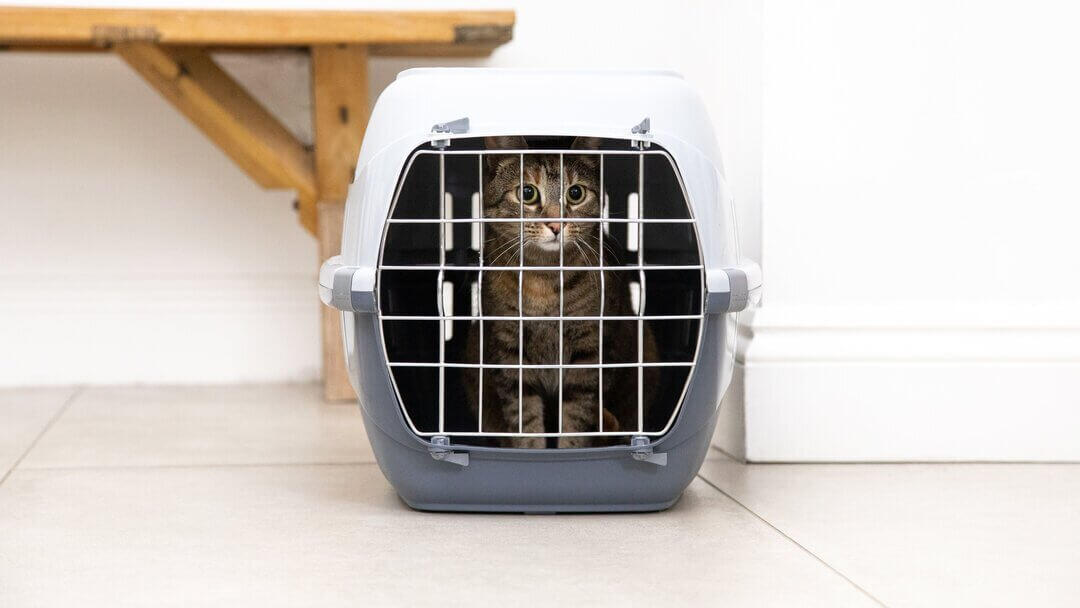
If you suspect that your cat has an illness, they may need treatment prescribed by a vet. This might include antibiotics for cats if the illness is caused by a bacterial infection! Find out all you need to know about your feline’s antibiotic treatment below.
Are antibiotics safe for cats?
Antibiotics are generally safe for cats when they are administered correctly as directed by your vet. If side effects are seen, they are usually mild. There are different types of antibiotics for cats and their job is killing bacteria and so treating infections. Remember it’s important to give antibiotics at the correct dosage infections must always be prescribed by a vet.
Why does my cat need the correct dosage?
Your vet will need to weigh and examine your cat to prescribe the proper dosage. This is so they get the best treatment possible. Factors that determine dosage include:
-
Symptoms.
-
Overall medical condition.
-
Any other medications they might be taking.
Types of antibiotics for cats
Getting the right type of antibiotics for your cat’s illness is very important. The right antibiotics means better treatment for your feline! There are a few different types which could be prescribed after your vet consultation. Your vet may choose the best antibiotic for your pet’s illness by doing a test called a culture and sensitivity.
Amoxicillin
Amoxicillin is a broad-spectrum penicillin-type antibiotic. Amoxicillin is a commonly prescribed antibiotic and it is used to treat various conditions, from cat ear infections and feline skin issues, through to respiratory and urinary tract infections.
Doxycycline
Doxycycline is an antibiotic for cats that is most commonly used for treating Chlamydia felis infections. Conjunctivitis and eye irritation are the most frequently seen signs of this infection. Some cats may also have a nasal discharge. This antibiotic may also be used to manage certain conditions like ehrlichiosis and heartworm disease.
Clindamycin
Clindamycin is an antibiotic that may be used for treating oral and dental cat infections.
Cephalexin
Cephalexin is a broad-spectrum antibiotic that can be used in the treatment of both soft tissue and bone infections, as well as respiratory and urinary tract infections. One of the most common uses of cephalexin is for cat skin infections (wounds and abscesses management).
Metronidazole
Metronidazole is prescribed in the management of anaerobic infections and GI tract issues. It is also sometimes used for periodontal disease and dental infections in cats and, it can be used against certain protozoal parasites, like Giardia.
Enrofloxacin
Enrofloxacin is a broad-spectrum antibiotic which is usually effective against a wide range of bacteria. It’s used to treat skin, bladder, respiratory, and blood infections. It can also be used for wound and surgical site infections.
Orbifloxacin
Orbifloxacin is a synthetic broad-spectrum antibacterial agent. It is sometimes prescribed for urinary tract infections and skin infections.
Why does my cat need antibiotics?
Vets will prescribe antibiotics for cats that have been diagnosed with a bacterial infection that is unlikely to clear up on its own, or if they think it could spread to other animals. Without treatment, bacterial infections can become more serious and lead to complications down the line.
Some infections that require antibiotics are:
-
Bacterial dermatitis (skin infections) or bacterial ear infections.
-
Diarrhoea in cats caused by specific bacteria.
-
Cat fight wounds.
-
After specific cat surgeries.
What are the side effects of antibiotics for cats?
Like with us humans, some side effects can happen with antibiotics for cats. If you spot any of these symptoms, it’s important to consult your vet. Some general antibiotic side effects in cats are:
-
Lethargy.
-
Nausea.
Tetracycline in cats side effects
Your vet will take extra care when prescribing certain antibiotics. For example, tetracycline antibiotics can cause yellow discolouration of teeth in young animals, so tend not to be used in kittens. Care should also be used when tetracyclines are used in animals with liver or kidney disease.
Allergic reaction to antibiotics in cats
Unfortunately, some cats can be allergic to certain antibiotics, and occasionally allergic reactions can be serious. Always consult your vet if you have any concerns and look out for the following signs:
-
Fever.
-
Facial swelling.
-
Difficulty breathing.
-
Incoordination while walking.
If you see any of the above symptoms, make sure to consult your vet as soon as possible.
Can cats have human antibiotics?
Several antibiotics that are used for treating infections in cats are used in humans too. Your vet will always use an antibiotic that is licensed for use in cats if possible. Where a suitable veterinary licensed antibiotic is not available, your vet may prescribe a human antibiotic under the terms of what is known as the veterinary prescribing cascade. However NEVER give your cat your own antibiotics or antibiotics you may have in the house – no matter how much you think they might help. Always consult your vet.
Now that you know all about antibiotics for cats, explore our article on what to do if your cat is losing weight.



